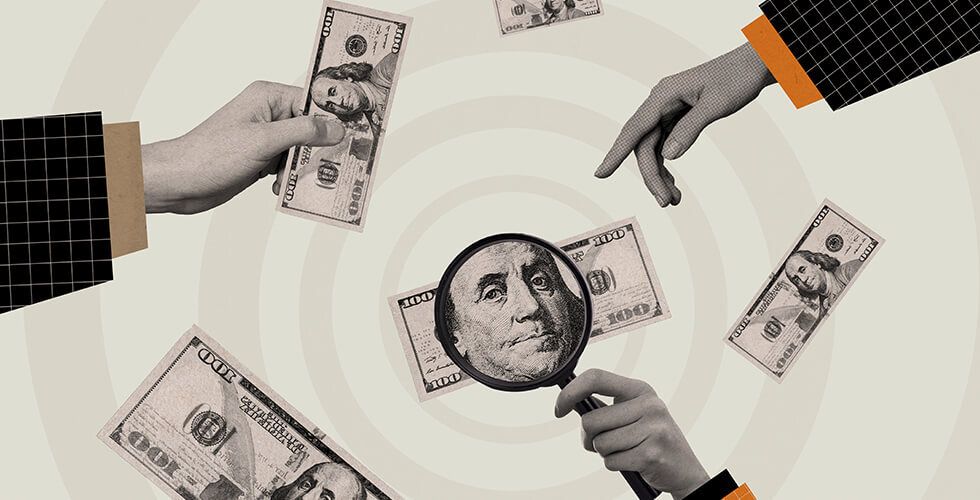
What would happen if billionaires were taxed at the same rate as upper-middle-class households earning around $168,000 or more? It’s a hypothetical question with massive implications, and the answer starts with one thing: revenue.
If billionaires paid 20% to 24%, as many wage earners in that bracket do, the government could collect hundreds of billions more annually. Unlike salaried workers, most billionaire wealth comes from investments—such as stocks, real estate, and business equity—often taxed at significantly lower rates or not at all until the assets are sold. Currently, many billionaires pay an effective tax rate of just 8% or less, primarily due to loopholes and tax strategies that minimize their taxable income.
Taxing billionaire wealth at upper-middle-class rates wouldn’t instantly make everyone richer, but it could shift public trust. Seeing the wealthiest pay a proportional share would challenge the perception that they play by a different set of rules. It could also slow the creation of “dynastic wealth,” where fortunes grow across generations without contributing fairly to public systems.
However, implementing such a change isn’t simple. Much of billionaire wealth is tied up in unsold stocks and assets, making it difficult to tax without significant reforms. Plus, billionaires have the resources to navigate or even create new loopholes.
Possible middle-ground solutions include a minimum 20% tax on total billionaire income, limiting deductions, or gradually taxing unrealized gains. None are easy politically, but they’re increasingly part of the conversation.
Even if billionaires paid more, they’d remain billionaires. The impact wouldn’t eliminate wealth inequality, which is driven by factors such as wages, housing, education, and corporate ownership as well. But shifting the tax balance could fund infrastructure, education, and healthcare while signaling a fairer system.
The big question isn’t just “what if?”—it’s whether the political will exists to make it happen.

